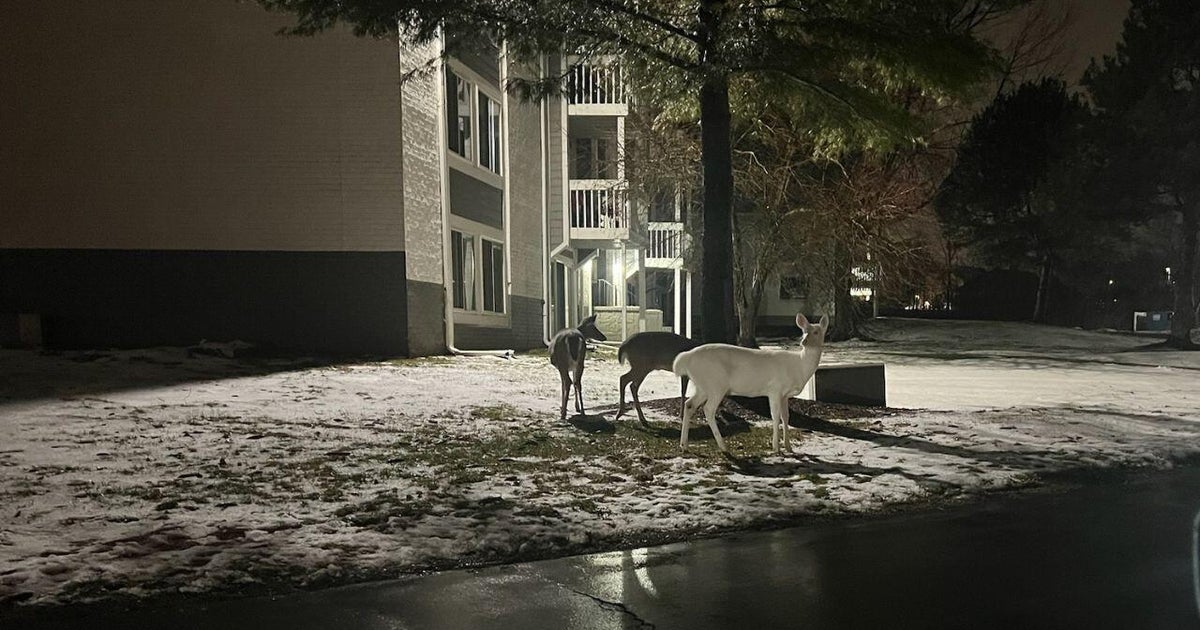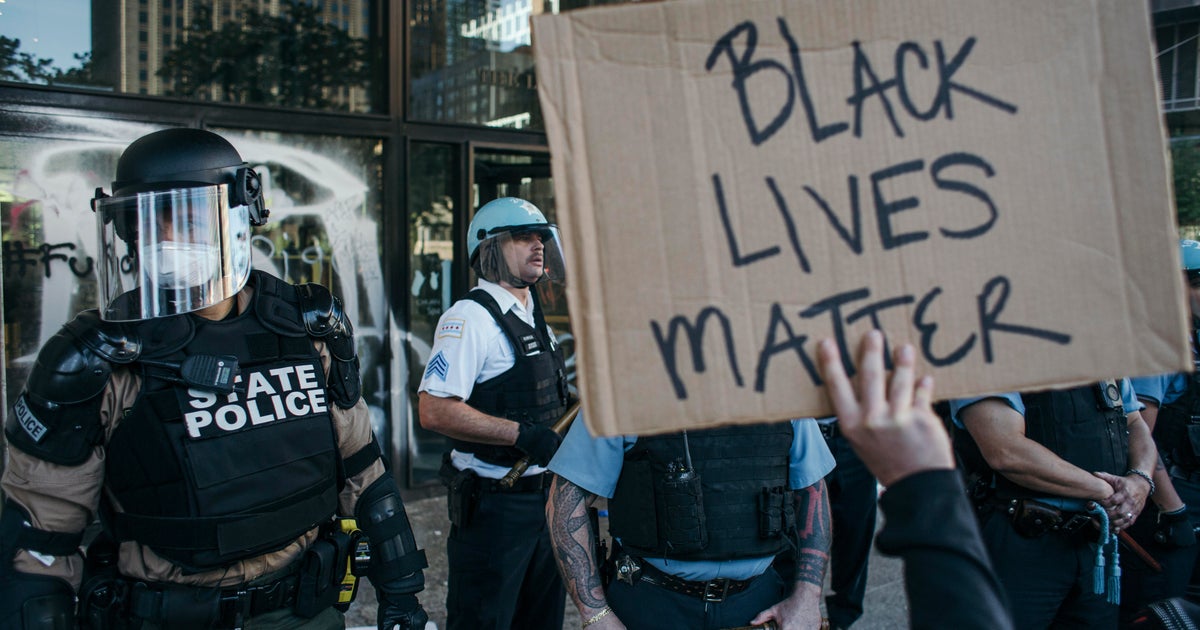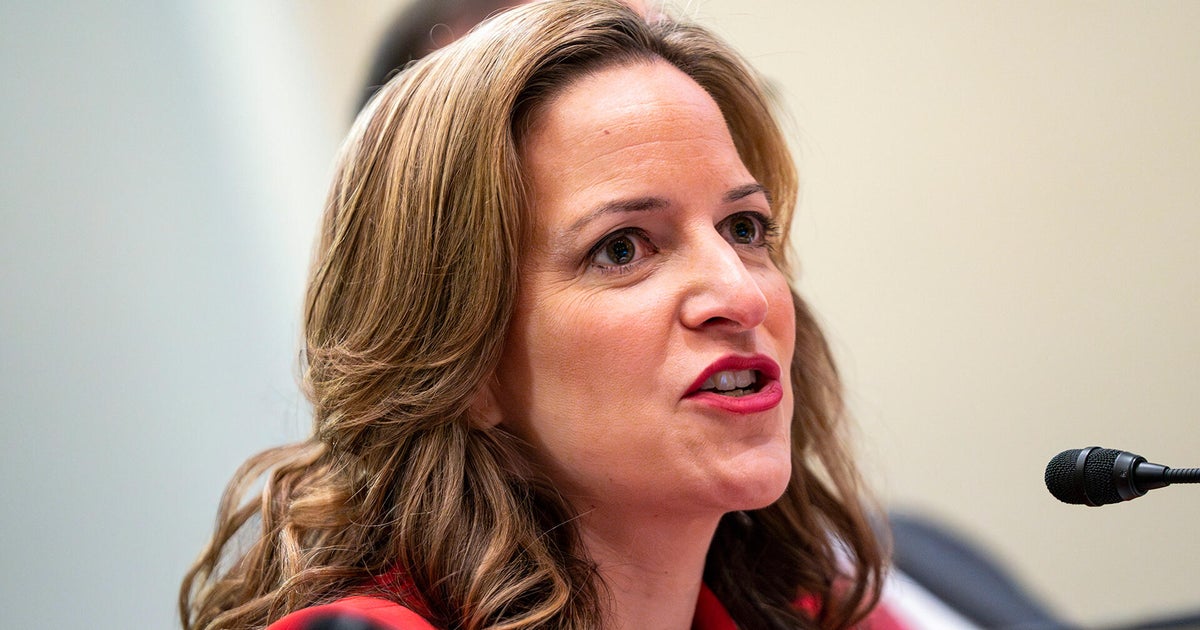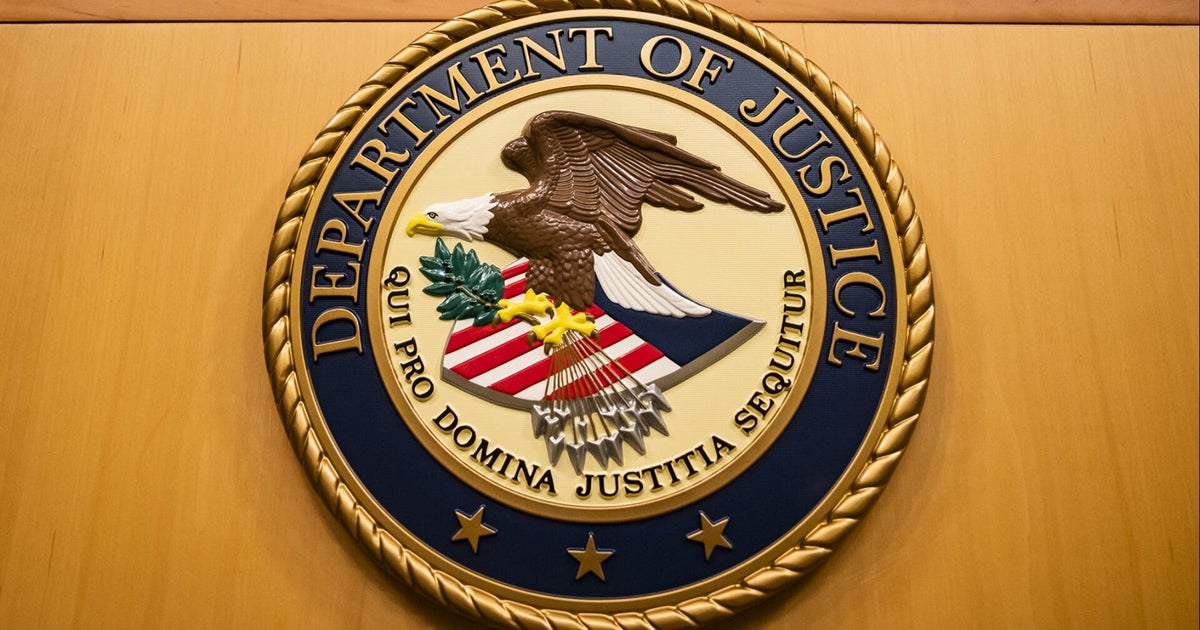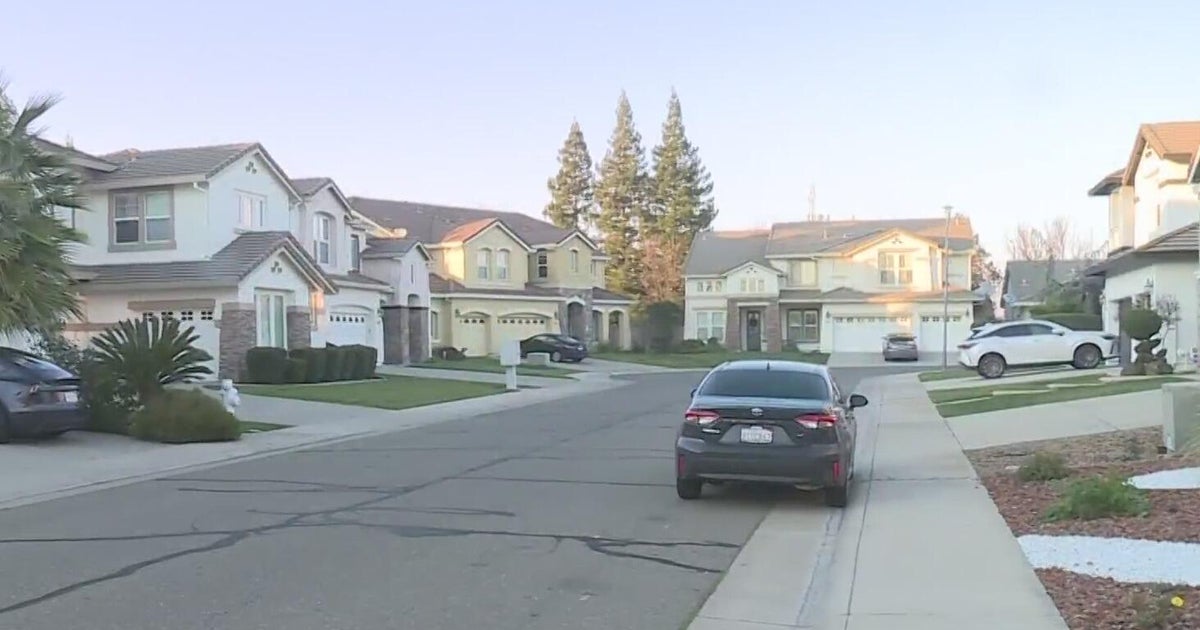Minn. Black Bear Population Heads To Farmland
HOLT, Minn. (AP) -- Researchers have found the state's black bear population continues to expand from its usual forest habitat into farmland in northwestern Minnesota, raising the chances of dangerous run-ins with humans.
The Minnesota Department of Natural Resources has been in northwestern Minnesota studying the bear migration, which began in the mid-1990s when natural foods, like acorns and berries, in the traditional bear range became scarce.
That becomes a nuisance for farmers, and DNR experts warn it could mean more bears will get shot.
"If those foods fail then they have corn and sunflowers as a backup. That's here every year," DNR bear biologist Dave Garshelis told Minnesota Public Radio News. "The risk for the corn and sunflowers of course is that they're going to get shot in a farmer's field."
The DNR is trying to learn more through a research project in which it studies bears in their natural habitats. Researchers are studying where the bears travel, what they eat and how healthy they are.
The state is estimated to have 20,000 bears, but it is not clear how many are in northwestern Minnesota farmland. The state's bear population is stable, except for the growing group in the northwestern region.
There is no limit on how many bears hunters in the state's northwestern region can shoot, but the DNR could soon impose limits to protect the bear population.
(© Copyright 2011 The Associated Press. All Rights Reserved. This material may not be published, broadcast, rewritten or redistributed.)
